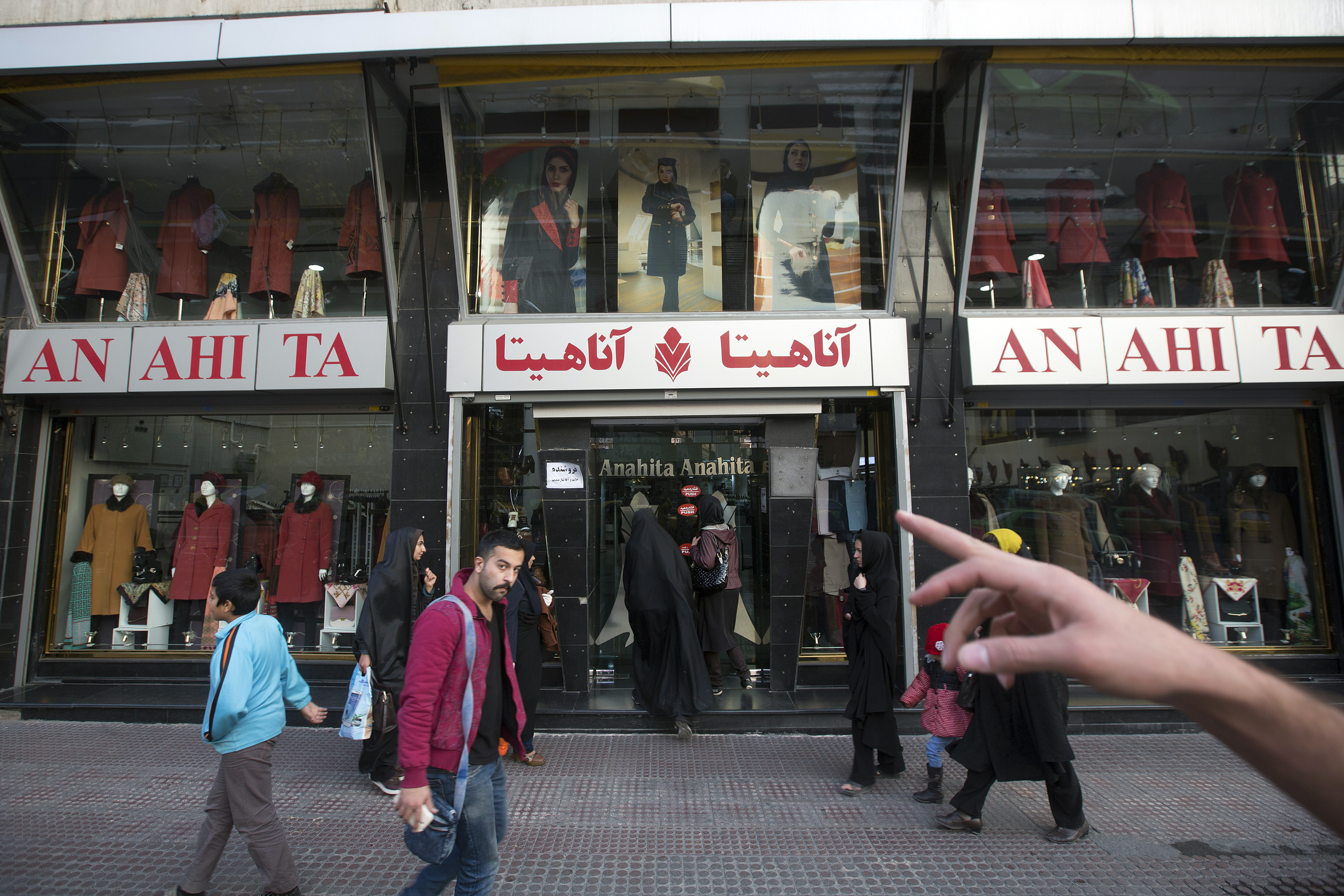
Despite an overwhelming win for pragmatists, at the expense of principalists, better known as 'the hardliners', in last month’s Iranian parliamentary elections, there are some who still question future commercial access to the Islamic Republic. The vitriol and rhetorical commentary still aimed at Iran is causing some to doubt business opportunities there. That's a big mistake. When sizing up Iran, newly emergent on the world stage, analysis should be pragmatic, not emotional, and should take account of Iran’s long history.
Iran is second only to China as the world’s oldest civilisation, and we should look to the East for guidance on understanding Iranian thinking.
For centuries, China traded along the Silk Road, which runs through Iran, and it is poised to do so again, through the One Belt, One Road (OBOR) exporting project, a new virtual 'Silk Road’. The Chinese see the world in a different way than the West. Beijing is influenced in its dealings with other nations by Tai Ji, an ancient philosophy best understood by reading Lao Tzu's 'Tao Ti Ching' written around the 4th Century BC. It is best translated as meaning 'the way of virtue, ethics, morality and integrity'.
Simply put, the Tao advocates respect; respect of your own ideas, respect of the ideas of others, and respect for the laws of nature. Harmony is at the centre of the doctrine.
This emphasis on harmony explains the balanced approach China brings to the outside world, exhibited most obviously with a long-term view of strategic interests, a vivid contrast to the push-button short-termism of the West. Beijing can wait, for example, as long as it takes for Taiwan to 'drop' back into the lap of a united China, knowing that the day will surely come, with no need to resort to force. Force would break the harmony, while patience will see a natural merger, for the good of both sides.
Building success, step by step, rather than rushing in, is China’s philosophy, and one American economist who has found favour with such thinking in Beijing is Arthur A Thompson, who preaches a strategic concept of evaluating all the factors when planning expansion, with emphasis on the long term view.
Similar processes are at work in Iran, a civilisation that has the experience of thousands of years to fall back on for wisdom as it plans its next steps. Those steps will be careful and comprehensive, the fruits visible in an ever-expanding network of infrastructure such as high-speed railway, hyper-sonic air travel, highways, oil and gas pipelines, and education for the business class of tomorrow.
All of which makes Iran and China natural partners, a partnership in fact first carved out by Marco Polo who followed that ancient Silk Road to China through ancient Iran.
Americans need to wake up to this way of thinking, and see Iran, as they see China, as a partner ready to do business with. Washington should begin by reversing its decision to keep some sanctions on Iran, notably in the banking sector, even as others are removed. The effect of this is self-defeating, like firing up the car’s engine, only to keep the handbrake on as you move forward. These remaining compliance rules will throttle US companies as they strive to join the rush of businesses into the Islamic Republic.
For Washington, the problem is politics, not business; companies are eager to trade with Iran, but compliance laws, among the sternest on the planet, are holding them back. Remember that Washington’s decision two decades ago to give China Most Favoured Nation status set off an unprecedented boom that benefitted everyone.
A similar leap forward with Iran should come now, or anyway, from whoever wins the White House in November. Iran's recent elections have shown, above all, that it is a dynamic society, able to think for itself, and like China, to fall back on century after century of experience and accumulated wisdom.
Rising above the “noise” of political rivalries can only benefit America, because the crinkles that remain in the Tehran-Washington relationship are best ironed out by a dose of America’s most famous export - Freedom.
Which brings me back to Marco Polo, a man who could tell the present world a thing or two about engaging with the wider world. It was no coincidence that Iranian President Rouhani chose Italy as his first stop after JCPOA’s Implementation Day, a nod to Italy and the Italian explorer’s groundbreaking achievements.
In conclusion who will America, Iran and the world benefit from; a president Clinton, a professional politician or a president Trump, a businessman? I know which one I would choose, though I must confess neither thrill me! - Exclusive to Times of Oman